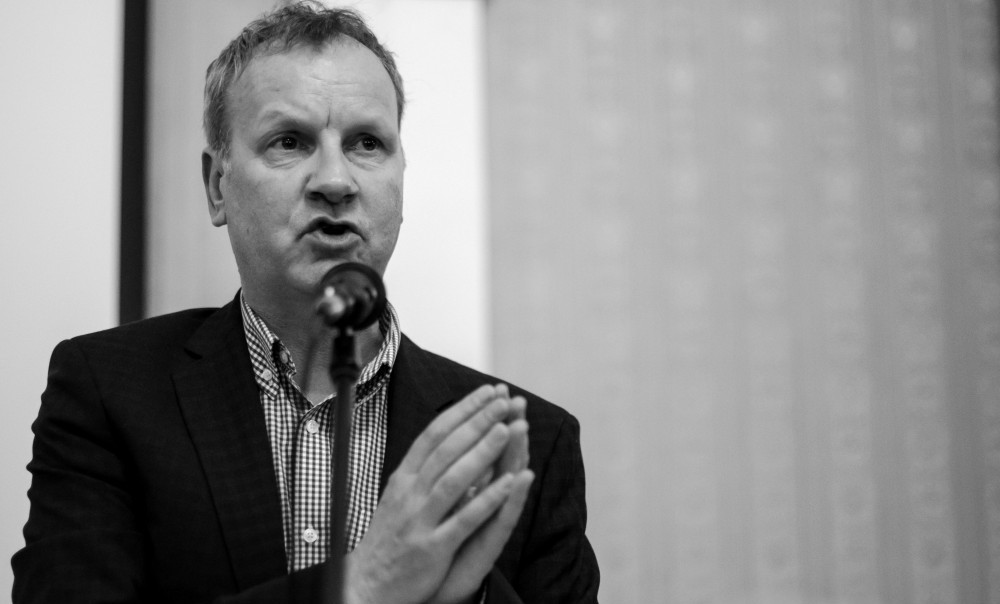There are certain things you don’t do in this job and one of them is to swear at a policeman and call him a “pleb”. This though, is exactly what the Chief Whip unbelievably did a few short weeks ago. As well as being unacceptable behaviour I think this incident demonstrated that the issue of class is well and truly alive in our Westminster politics.
Andrew Mitchell has now gone, only to be replaced by a baronet who once famously declared that the “homeless are the people you step over on the way out of the opera”. This is the Conservative way of taking the heat out of the story. On top of that we had the story of the millionaire Chancellor of the Exchequer attempting to blag his way into a first class carriage with a second class ticket.
In fact, most of the Tory front bench are millionaires and 54% of their MPs went to private schools. Now, I’m sure that the public are more concerned about their ability to govern as opposed to their ability to speak with silver spoons stuck in their mouths. But isn’t it amazing that in the 2010s we are still governed by a social elite so remarkably different from the rest of us? Alex Salmond was actually spot on at the SNP conference when he said that sometimes it feels like we’re being governed by a “bunch of incompetent Lord Snootys”. If anything this shows disrespect to the famous Beano character who probably could have made a better fist of running the country than this privileged shower.
“We’re all in this together” they famously told us a couple of years ago, except of course it was their millionaire pals that got the tax breaks. The lowering of the top rate of income tax from 50p to 45p was a clear indication that some of us are more in it together than others, and it’s not the baronets and Eton old boys. Meanwhile for those on the lowest incomes it’s austerity, wage freezes and price increases.
This almost “other worldy” Tory Government run our Defence, Foreign Affairs and incredibly our welfare state and economy. They are different from you and I and their priorities reflect their curious world view.
One of the things that independence will achieve is that never again will our country be run by the likes of them.
